Alcohol and running: how does booze affect your performance?
We speaking to an elite coach and registered dietician about alcohol and running to discover how it impacts your training, and what you can do differently
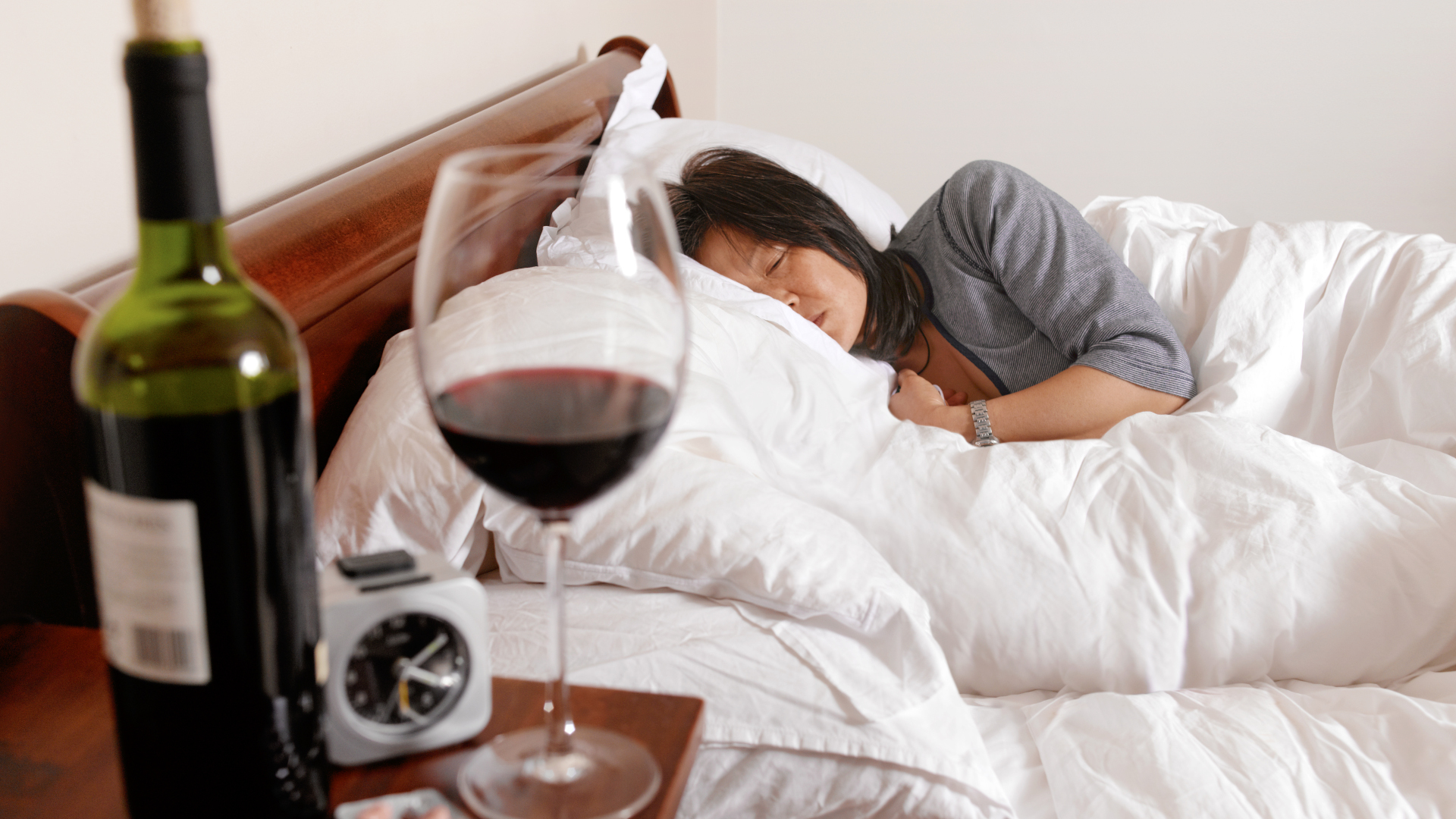
All the latest inspiration, tips and guides to help you plan your next Advnture!
You are now subscribed
Your newsletter sign-up was successful
For many of us, the odd glass of wine with dinner or to unwind at the end of a stressful day seems like no big deal, but for runners, it can have a marked impact. Whether you’re lacing up your best trail running shoes for your daily 5k or competing in a marathon, you’re likely to notice the effects of alcohol on your running almost immediately. So what exactly happens when you drink in the days surrounding a run, and is there anything you can do to offset the effects of alcohol and running?
We spoke to registered dietician Susan Kitchen about alcohol and running to find out exactly how it affects you, and how to moderate your drinking around key training events.
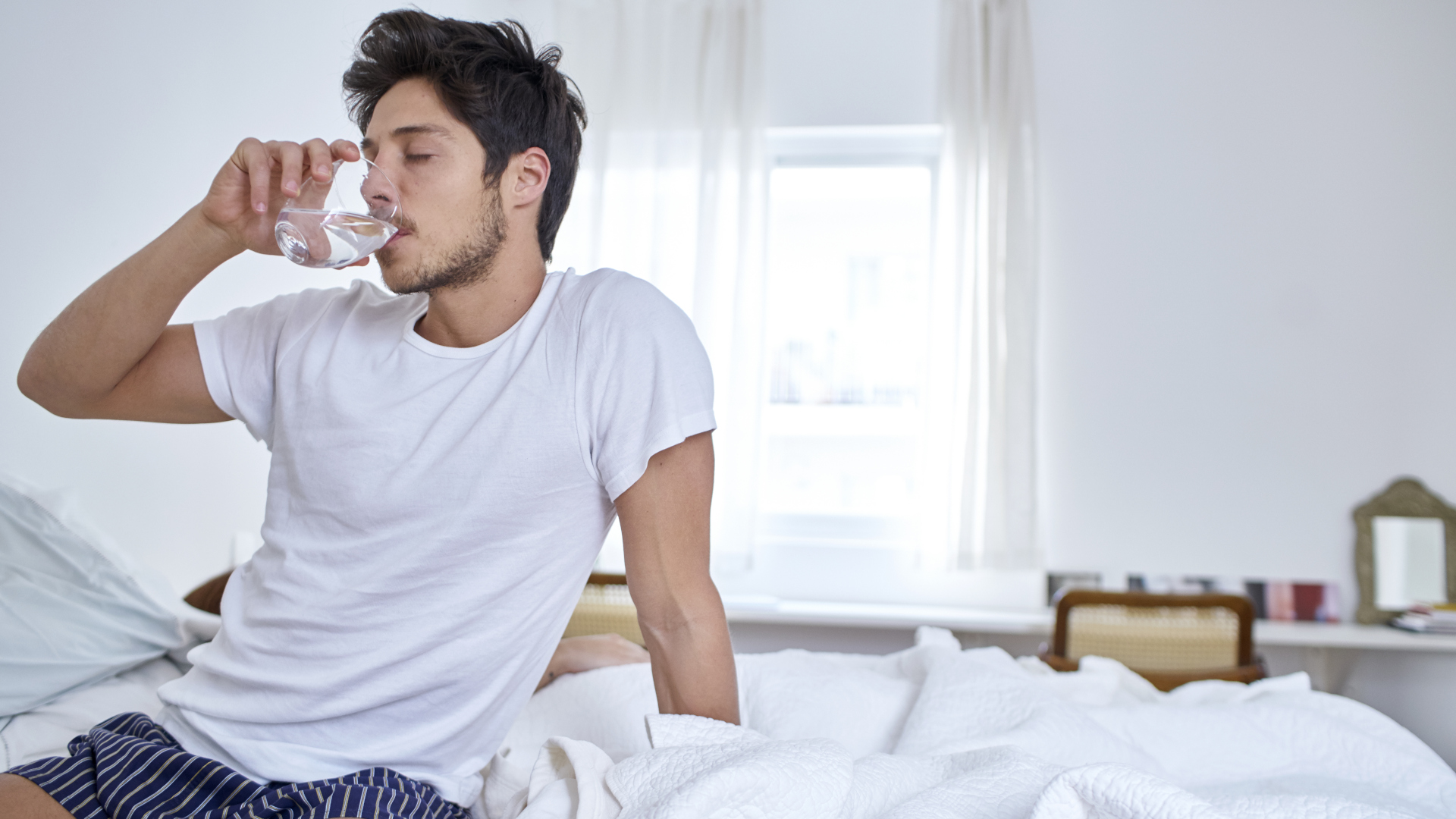
Will alcohol affect my running?
“Drinking alcohol can become a habit that seems relatively benign, because some people enjoy it as part of their daily routine, but the issue with alcohol is that it's dehydrating,” explains Kitchen, the owner of Race Smart, and an endurance athlete and Ironman coach.
Dehydration, she explains, is the number one killer of performance. Take away the alcohol factor for a moment and just imagine it’s hot or humid on race day. Even with your best hydration pack on your back, within minutes of the starting gun, your heart rate is higher than usual and you’re sweating more. These physiological responses accelerate dehydration, which leads to an early decline in your performance, no matter how much training you’ve done.
In any temperature or conditions, the same thing happens when you’ve had a couple of beers the night before a race, because as Kitchen explains, you’re starting with a lower blood plasma volume.
“That’s where your sweat comes from, fluid from plasma is what releases heat via sweat and also helps to efficiently carry oxygen and nutrients to your muscles to fuel them. If you go into that workout or key race and you’re behind in your fluids, you’re never going to be able to reach your optimal performance based on your current fitness level.”
If you’ve had alcohol in the days leading up to a big run, you’re likely to notice the following physiological responses:
All the latest inspiration, tips and guides to help you plan your next Advnture!
- Your heart rate will be higher than it should be at that effort with the environmental conditions
- Your rate of perceived exertion will be higher
- Your performance will rapidly decline
- You may experience GI issues, a common symptom of dehydration
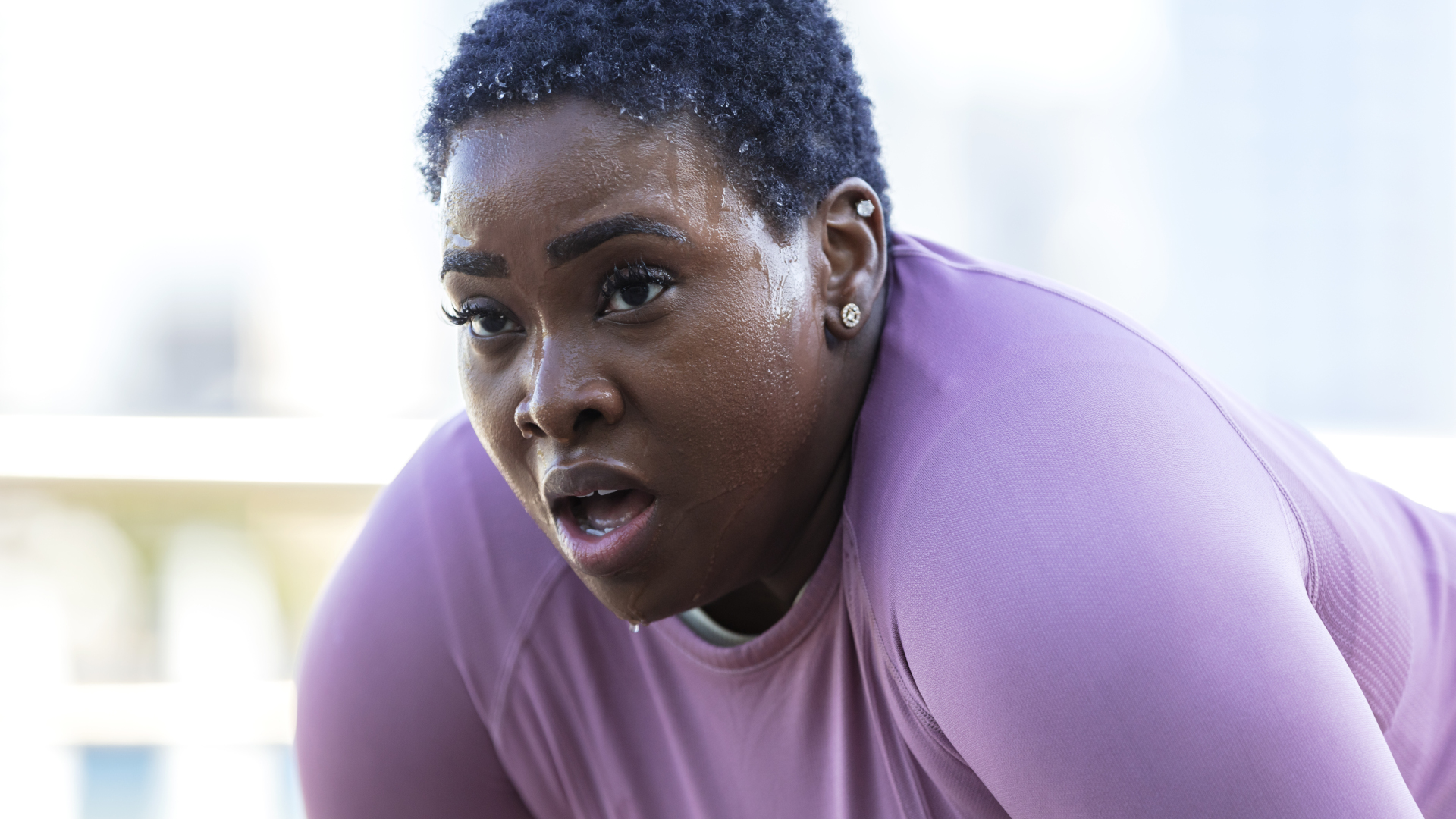
Separate from the issue of dehydration, Kitchen says the impact of alcohol on your sleep will also cause early decline in performance, if not leave you starting out with sub-optimal performance.
“When you stop drinking, your sleep is less broken because you’re getting up to go to the bathroom during the night if you’ve had alcohol, because your kidneys are dumping that fluid.”
Broken sleep, for any reason, will impact your performance because you haven’t adequately recovered, and alcohol consumption increases this risk. The impact of alcohol on your recovery is key to understanding how it affects you. The way that your performance improves, according to Kitchen, is taking the time to adequately recover between your workouts. It’s during recovery that you increase your fitness adaptation, and drinking alcohol in the days surrounding a training event hampers your sleep and recovery, as well as leaving you dehydrated, making for a dangerous combination.
“Taking those two reasons and separating them, they’re equally bad for performance in running, but taken together they’re really a recipe for disaster,” warns Kitchen.
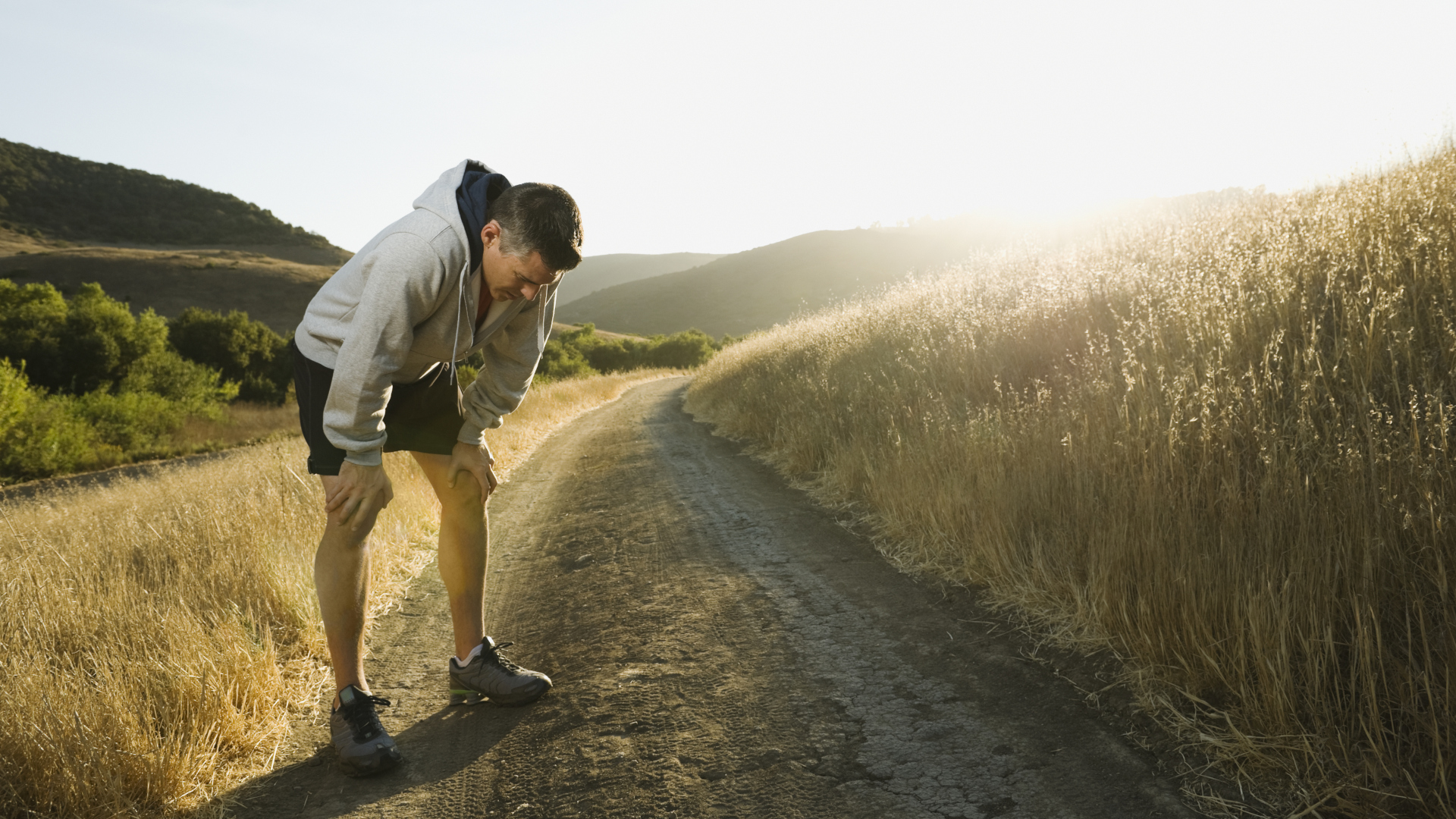
Is it OK to drink any amount of alcohol before running?
It’s easy for a lot of people to share a bottle of wine with a friend over a meal and not think too much about it, says Kitchen, but she advises that you ideally want to avoid all alcohol in the 72 hours before a big run.
“If your goal is to improve – not just finish or participate – I’d advise avoiding all consumption within 72 hours of your key training event to let your body stabilize. That might seem really radical to some people, and if so I would advise you start by reducing the consumption, then avoiding the consumption around key training.”
So if your race or event is taking place over the weekend, she suggests you try not drinking after Wednesday.
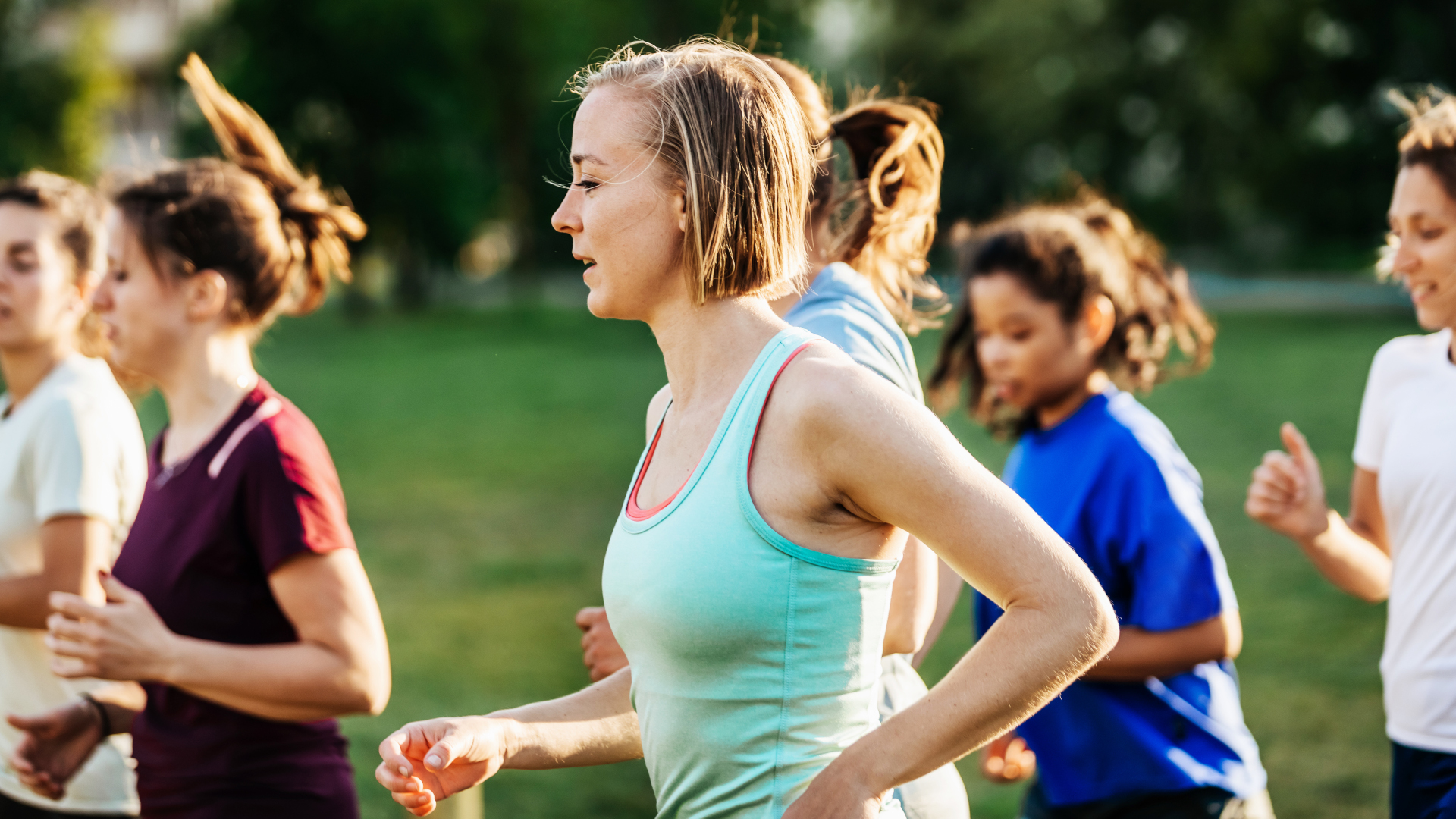
Can’t I offset the effects of alcohol by drinking lots of water?
A common strategy is the one glass of wine/one glass of water approach to stay hydrated when consuming alcohol, but does it actually work? Not at all, according to Kitchen, who advises that it can actually make matters worse for runners.
“It is flushing your system, it’s over hydrating with water which reduces the sodium in your blood, so it’s actually washing out some of the key electrolytes that you need for proper muscle function and fluid retention.”
Even if you take alcohol out of the equation, over hydrating with water can have a lot of the same negative effects on your running performance as dehydration. More, as it turns out, is not better.
“For sure if you're going to have alcohol, definitely drink some water, but you know how they say you can’t out train a bad diet? You can't outrun this bad habit either by trying to fool the body,” says Kitchen.
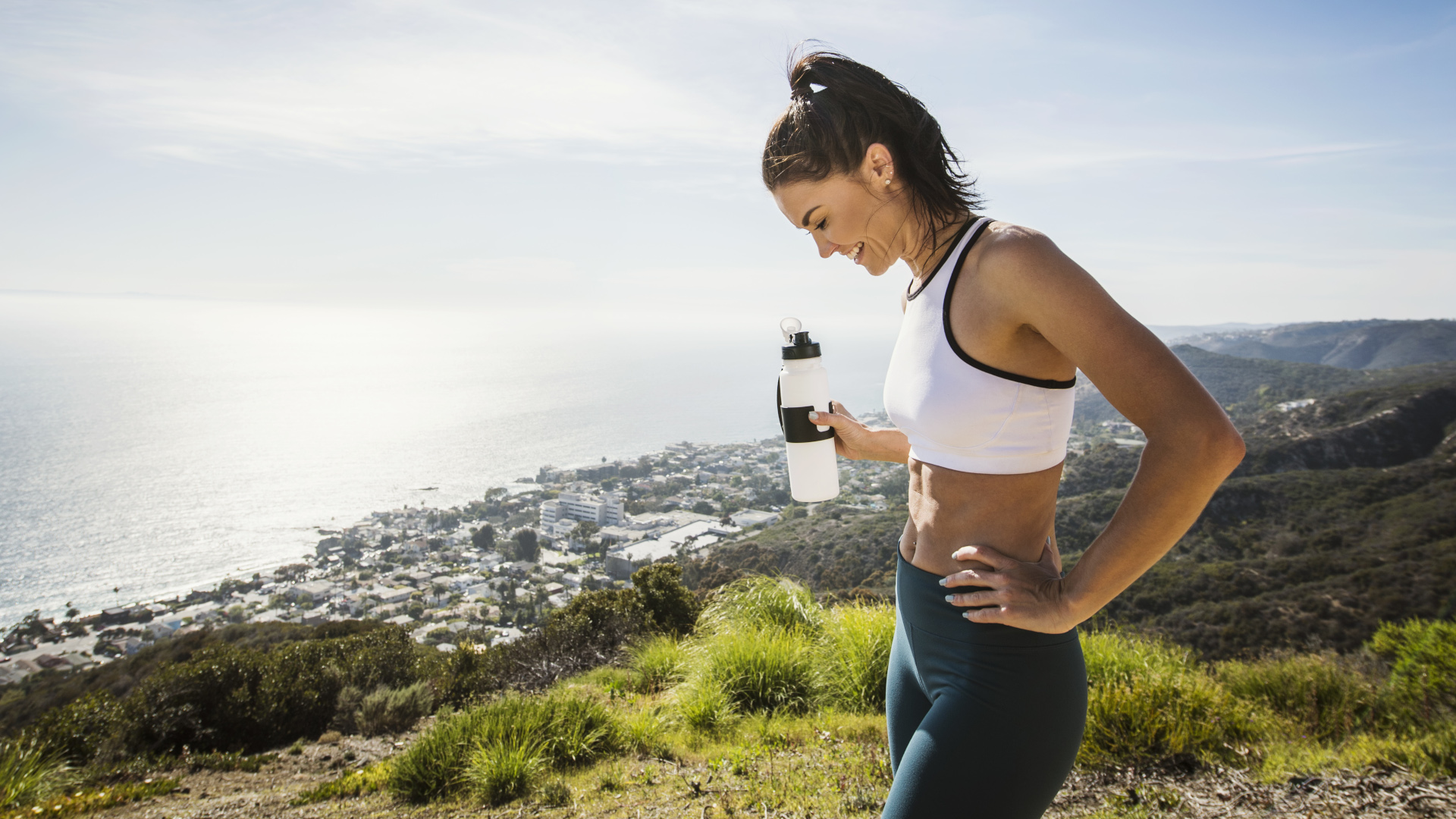
Is it OK to drink after running?
OK, so what about after your race? Beer carts seem to be a stalwart at running races and other athletic events, but should you belly up to the bar as soon as you cross the finish line to claim your frothy reward?
“Often, everything goes out the window after the race, unless you have another one coming, but you would feel better if you avoided alcohol for at least 24 hours because you’re going to finish the race dehydrated, so you’re going to really slow your recovery and not feel so great,” says Kitchen, adding that if it’s the end of your season, you do deserve to have fun, just try to wait until the following day and enjoy it in moderation.
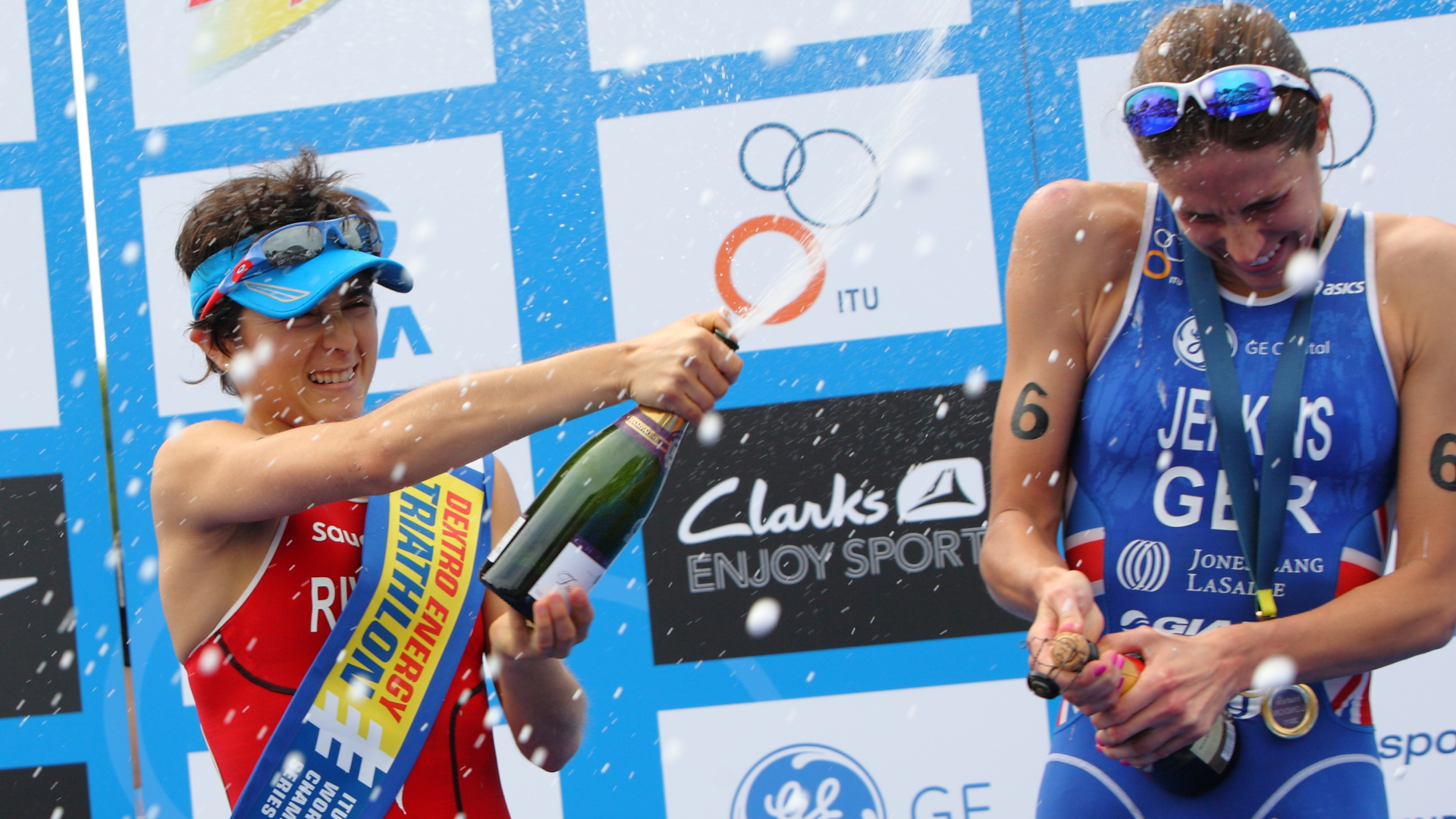
Alcohol and running tips
Are you ready to try dry running? Kitchen offers these quick tips for moderating your drinking around your running events:
- If you are drinking alcohol regularly, start to cut down in the weeks leading up to a race
- Have any alcoholic drinks earlier in the evening, away from your sleep, to cut down on the impact on your sleep cycle
- Avoid all alcohol within the 72 hours leading up to a race
- Enjoy non-alcoholic beer if you like the ritual of alcohol
- Avoid all alcohol for 24 hours post-race
- Have fun and enjoy alcohol in moderation after 24 hours
- Make sure you’re adequately hydrating in your daily life
Finally, if you’re not convinced about giving up your beloved glass of wine or innocuous beer at the end of the day, Kitchen says, just try it for a week and you’ll notice the difference for yourself.
- Best trail running shoes: tough shoes for tackling rugged trails
Julia Clarke is a staff writer for Advnture.com and the author of the book Restorative Yoga for Beginners. She loves to explore mountains on foot, bike, skis and belay and then recover on the the yoga mat. Julia graduated with a degree in journalism in 2004 and spent eight years working as a radio presenter in Kansas City, Vermont, Boston and New York City before discovering the joys of the Rocky Mountains. She then detoured west to Colorado and enjoyed 11 years teaching yoga in Vail before returning to her hometown of Glasgow, Scotland in 2020 to focus on family and writing.

